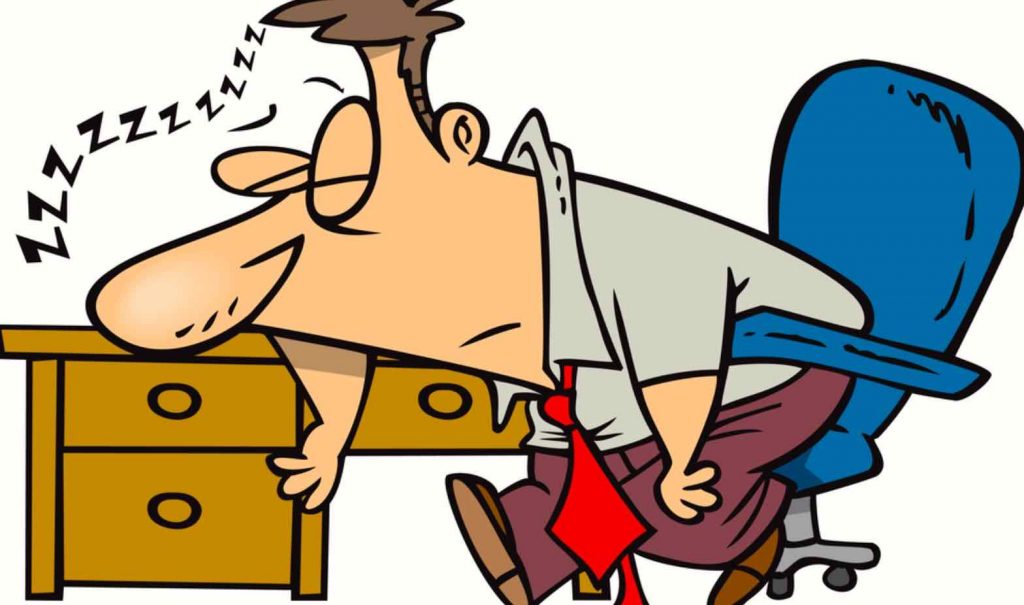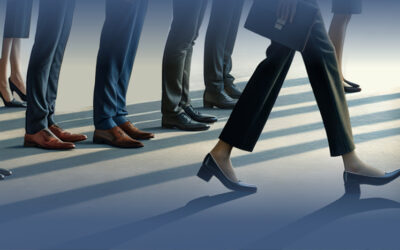
Are you prone to the occasional nap at work? If so, you are doing the right thing! Napping increases our performance, our memory and our general wellbeing, according to a recently published book…
Most of us would probably be mortified if our boss caught us snoozing at work. We therefore carry on working no matter how tired or sleepy we feel. Which, it turns out, might be a very inefficient use of our work time.
Daniel H Pink is an American author of several books on work, management and behavioural science. In his most recent book, published earlier this year, ”When: The Scientific Secrets of Perfect Timing”, Pink explores scientific findings in recent years regarding, among other things, the relationship between sleep and performance.
Pink claims that the best time to do analytical work (i e when you investigate and evaluate) is early in the day when you are most alert and “awake” and therefore can be really focused. Creative work (i e ideas and innovation) is best suited for the afternoon/evening, as you do not have to be so concentrated, but instead can let your mind wander freely. In the middle of the day you ought to focus on simple administrative tasks (that do not require too much thinking and focus). The reason for this is that most of us follow a natural daily rhythm and become very tired sometime midday, a time therefore not so suited for tasks that require a lot of thinking.
This is where that nap comes into play. If you sleep for a short period of time in the middle of the day, say 10 to 20 minutes (no more!), you will recover quickly and become a lot more efficient and perform your tasks better. According to the research referred to in Daniel H Pink’s book, a nap has many benefits over trying to ignore feeling very tired and just carry on working:
• You can more easily retain information you have learned.
• You become better at solving problems.
• Your short-term memory is improved, as well as your ability to associate.
• Your mood improves.
• You feel more energetic.
• Your ability to stay sharp and focus increases.
• Your blood pressure goes down and your immune system is boosted.
In short, with just a few minutes’ sleep, your performance is improved. These advantages take place regardless of whether or not you had a good night’s sleep the night before.
The optimum time during the day for a nap will vary depending on the individual and is of course related to what time you get up in the morning. For most people, the tiredness will hit sometime between 1 and 3 pm, i e soon after lunch.
However, Daniel H Pink takes it one step further and suggests something he calls “nappuchino” – have a cup of coffee just before your nap! As is takes around half an hour for the caffeine to reach your blood, you will get the “refreshing” effects of the coffee just when you wake up after your nap…
So, there seems to be scientific evidence that a nap will mean that you perform better for the rest of the day. Some companies with many young employees seem to have embraced this, for example Google, and have set up “napping rooms” or really comfortable lounge chairs where their employees can rest or take naps. Perhaps our perception of whether or not sleeping on the job is appropriate is a generation issue?
Today more and more employers support and encourage exercise and many companies even have their own gym to encourage their staff to work out, sometimes even during working hours. Fifty years ago, this was quite unthinkable.
Today napping at work is still almost unthinkable. But in fifty years…
In the meantime, you can at least stop feeling embarrassed should you happen to nod off for a few minutes at your desk. You are simply increasing efficiency…



